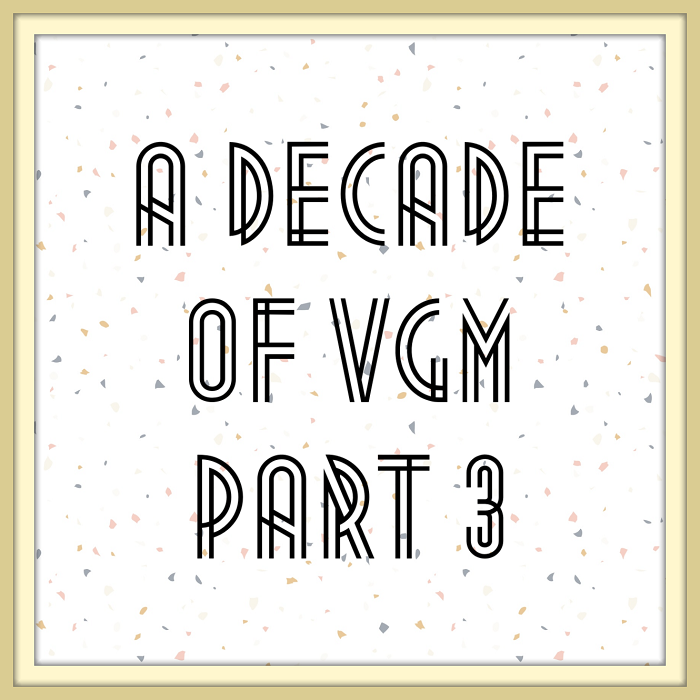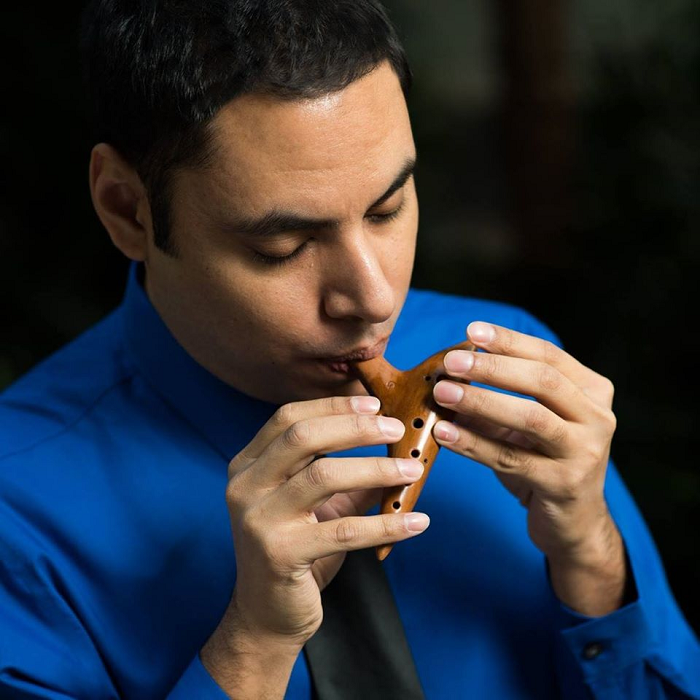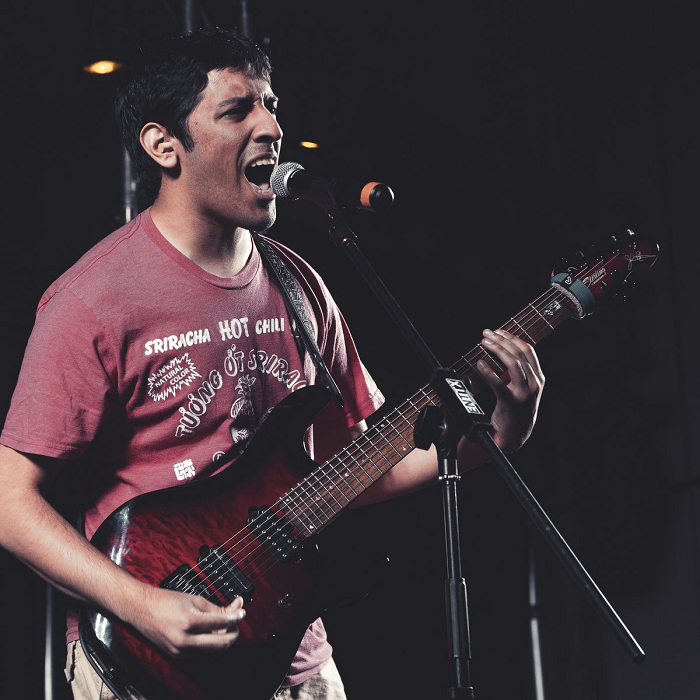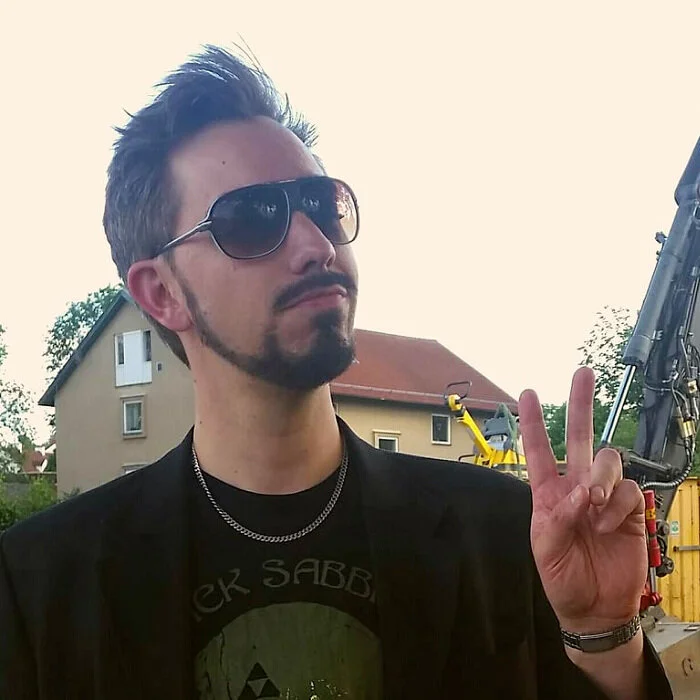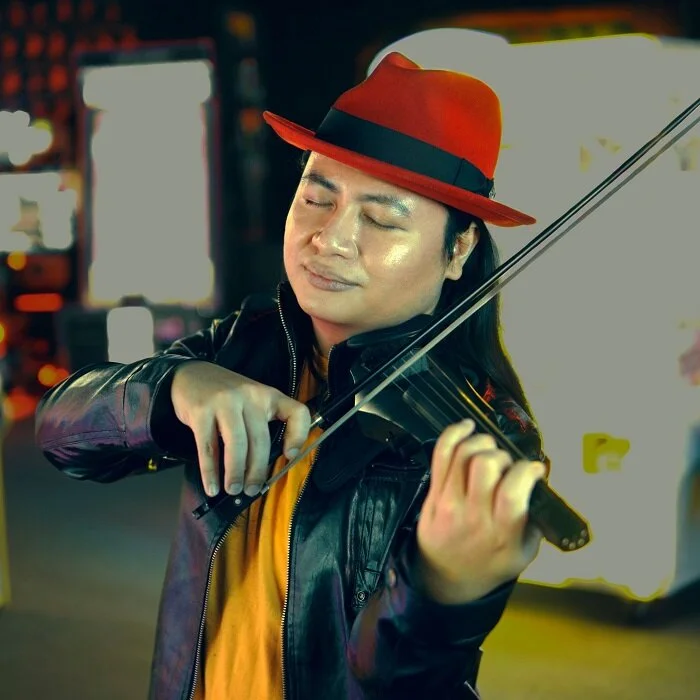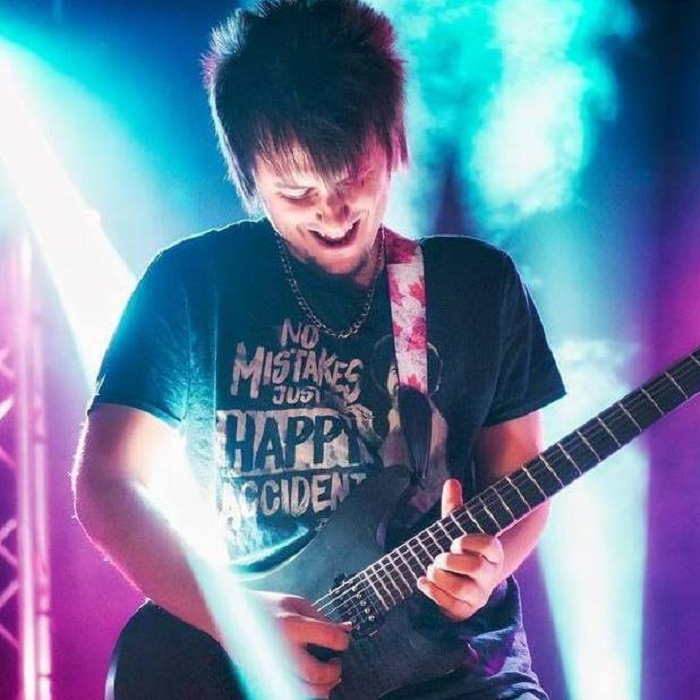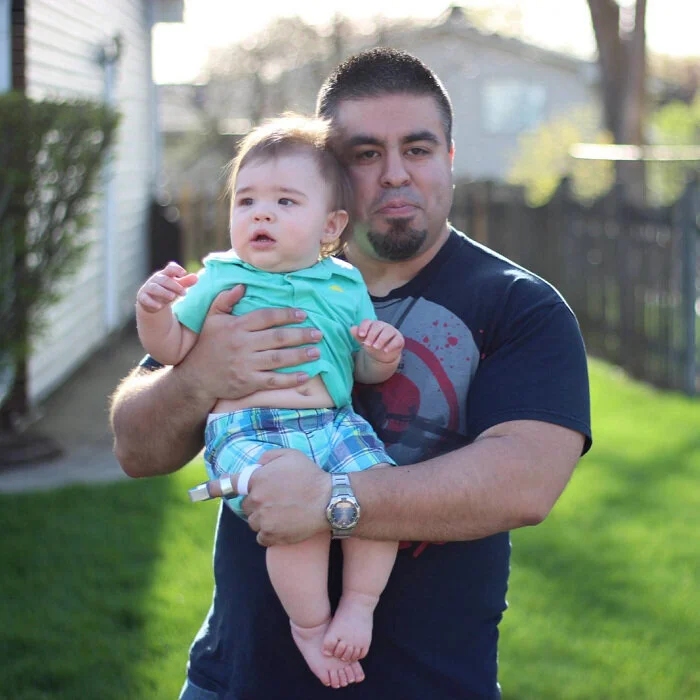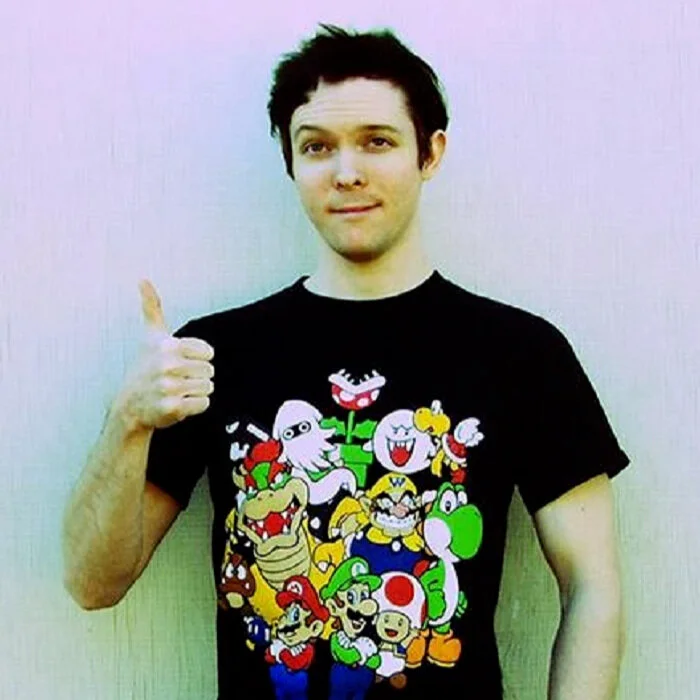A Decade of VGM - Part 3
With the arrival of the new decade, now is the perfect time to reflect on the video game music community and how much it has changed over the past 10 years. I reached out on Twitter, looking for VGM artists that have been active for at least the last decade, and I was overwhelmed by the responses. I had originally intended to create one article, but given the number of responses, I’ve decided to split this into five articles, one for each question that I asked VGM artists. If you haven’t read the first two articles, check them out here. For this article, I asked several musicians one very important question:
How has the VGM community changed over the past 10 years?
David Erick Ramos
I've been on YouTube forever, so I'm going to go a little further back then 10 years, haha. I can only remember a handful of VGM musicians back when I started in January 2007. Besides myself, I remember watching piano covers by Kyle Landry and w3sp in that first year. The following year was when the first generation of VGM YouTubers really grew, especially piano players: GermanSeabass (Sebastian Wolff), Aivi Tran (now of Steven Universe), Amaterasu, Sherry Kim, and a few others. A wave of guitarists hit the scene between 2008-2010, including FamilyJules, CSGuitar89, and ferdk16.
But it was around 2010 that collaborations began picking up steam, and I feel that's really when the VGM community began. There were even a few private facebook groups for collaborations and getting to know each other better. We were all very excited to find other musicians passionate about game music.
Since then, I feel the community has grown tenfold, especially when FamilyJules held his “FamilyJules7x Challenge” back in 2014. It encouraged a lot of musicians to really push themselves and be critiqued by some of the top VGM Youtubers at the time.
Ro Panuganti
The VGM community has grown into a visible, inclusive, and arguably professional group. In the 2010s when I recorded music, there was an expectation to focus on writing original music or purely record performances of original arrangements to see who got closest. I didn't know there was such a thing as a video game remixing scene, let alone any instructions or guidance on how to do it from home. Because of the limitations of myself being so young, the lack of knowledge bases, and possibly some exclusivity from the few people covering VGM, there wasn't a sense of community.
The change I observe and applaud is across all of those shortcomings. Now, there’s a diversity in music styles, arranging approaches, role models of all backgrounds and performers, as well as a much more proactive take on tutorials, guides, and inclusivity in every sense. Once there were just OCRemix and a capella groups that I had heard of, now, there are groups upon groups. YouTube used to be the main hub for finding and communicating with artists, but that's definitely expanded to Spotify, Discord, Twitter, and other sites. Musically, I find that a growing interest in progressive metal/djent, dubstep, and a revived interest in modern jazz has bled into the VGM scene's arranging as well.
Hyde209
The most notable changes I've seen are the forming of communities around the music and the gradual increase in quality. When I first started posting my tracks on YouTube, I only discovered a handful of us. It seemed that outside of OCremix, we were quite a few happy amateurs that had our small corner of the web posting tracks and giving feedback to one another.
During the last decade, the community grew and VGM labels started popping up. Big collaborations and community albums were getting more and more common. What started out as a small niche community had transformed into something huge and impressive within just a few years. This is, of course, only how I've experienced it. Others may have seen things differently, and I'm sure the community was a lot bigger than it seemed at first, but definitely much more scattered.
String Player Gamer
I will be talking from my personal experience, which is to say, a full-time musician doing lucrative work as a composer in the Philippine film industry, who virtually abandoned it all to move to the USA to become a full-time VGM cover artist on YouTube.
I still have vivid memories of me as an out-of-work, fresh college grad arguing with my dad, justifying that my almost unhealthy time spent playing video games will lead to something productive someday. And in some ways it did. I got to work for a short-lived game publishing company in the Philippines, but that would not even be close to what I imagined would come a decade later.
Almost everyone in the VGM YouTube community started the same way—tinkering with the idea of making their music known to the world, via the internet. Some are more successful than others, but the passion for video game music remains at an all-time high. It is this rabid passion for VGM that drives the fandom to gobble up any new music by Nobuo Uematsu, Koji Kondo, and most recently, Toby Fox.
As the acceptance of video gaming as a part of everyday life grows, so does the interest and passion for VGM. Today is the best time to become a VGM fan if you aren’t already.
Some VGM artists who started at the same time as me have established themselves as career artists and have gained hundreds of thousands of followers in social media and millions of ears listening in Spotify. I count myself among the lucky ones who climbed the ranks.
And what does my dad think now? He’s never going to admit it, but he’s proud to be proven wrong. Despite some stumbles, I’ve continued our family’s musical legacy, in my own way.
The VGM community stands for me today as legacy and opportunity. It is because of this community that I have a sustainable career right now and have produced a good amount of work that I will be proud of in the years and decades to come.
FamilyJules
Hm...I think because of the fact that it's a bigger community, from a viewer's perspective. It's no longer “Oh this is a thing?”; rather “Wow, I hope I get to hear this from *insert name*”. It's cool because 20 years ago the possibility of being able to hear a video game song in any other genre or feel than the original wouldn't have even been a thought. I remember going on vgmusic.com and listening to MIDI arrangements of songs from games I liked, but to think that people would be actually performing them, at least for me, wasn't imaginable. Now, if you have a favorite video game cover artist, you can not only hope to hear a song you like from them, but also in most cases be in a position to directly tell them you'd like to hear it. Most, if not everyone, in the VGM community remain to this day very friendly and approachable.
Now, we're in a place where if you hear a video game song you like, chances are there's a metal cover, a jazz cover, an a capella cover, and so on and so forth. It's very cool, but I think it's much harder for new people in the community to stand out. It's never been a richer environment to grow and learn from peers because everyone is just as respectful and non-toxic as they ever have been; however, there's so many super talented artists only getting a handful of views/subs/followers. I hope the community in the next 10 years can lift each other up and not only create better video game music and covers, but also help each other take the platform to new exciting places through collaboration.
Project Genesis
It seemed like it started with bands, and then us one-man-bands started popping up and seemed to be separate from the VGM bands, which is still weird to me. Everyone has improved in sound and visual quality, friendships are tighter, and some eventually found their style and continue to master it. Some of the greats mysteriously vanish. That’s all I can think of.
Sam Dillard aka Samo Studios
There has definitely been a surge in mainstream popularity and acceptance for VGM music over the last decade. What used to be a closet-nerd kind of thing for us fans listening to soundtracks at home, now has sold-out concerts featuring video game music. VGM albums are taken seriously, even competing in the charts on popular digital music stores, and fan-made albums are more popular than ever before. The rise of “geek culture” has been steady over the last ten years, and widespread acceptance of video game related material makes it an exciting time for fans and artists of all sort whose lives revolve around the gaming scene, especially game audio.
If you create VGM yourself, feel free to share your own response on social media or in the comments below. Thanks for reading, and if you haven’t already, check out Parts 4 and 5 here!
